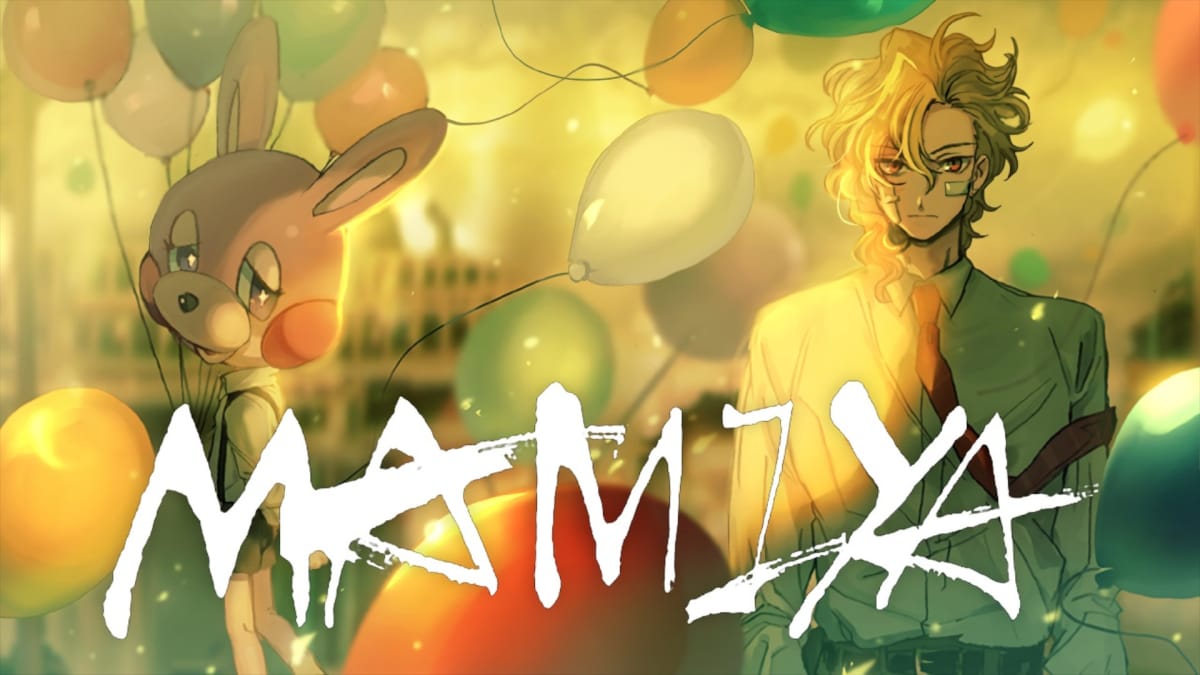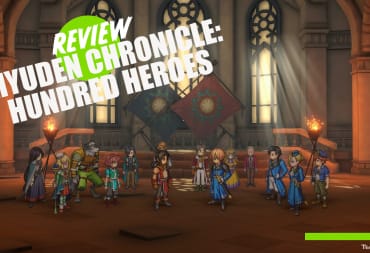The human mind is truly fascinating. We all deal with fundamentally the same internal struggles, we are aware of the bigger issues yet we combat them in strikingly different ways. Mamiya - A Shared Illusion of the World's End uses that human uncertainty to its favor, painting a dark tale with humanity at its core. Like life itself, although it may take a while to really get going, it's worth exploring when it does.
Characters lie at the very heart of the experience Mamiya offers. If you are looking for hardcore gameplay or an addictive gameplay loop, you’re in the wrong genre. Mamiya is a visual novel through and through. One click is all you will need for large portions of it and this works in its favor. You get enraptured into its universe with its excellent music and surprisingly pretty visuals.
Its art isn’t the only thing that grounds you. There are these gentle moments as characters reveal a little about themselves that feels genuine and honest. It's all about finding brief moments to shelter from the oppressive dark. It's the feeling of running in the rain to find a brief shelter to admire the prettiness of it around you. Although it bothered you seconds prior, it’s what makes the surrounding area vibrant, lifelike, real.
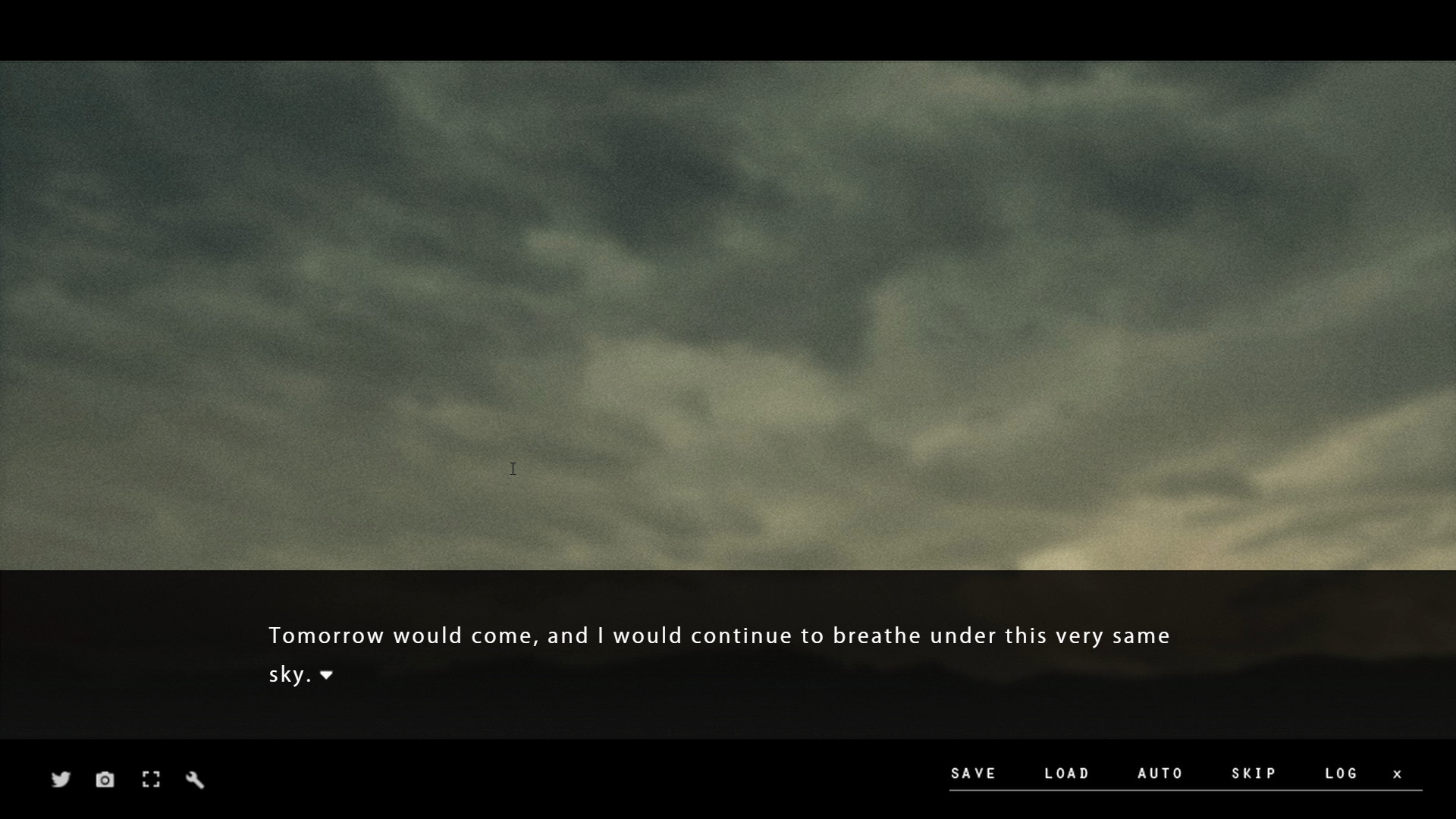
There’s a maturity to its art and theming that never feels overplayed or too extreme. It talks candidly about abuse and trauma and grasps with them in nuanced ways. It speaks of the way trauma can push you to go inwards or the way it prepares you for hurt only for that hurt to be self-inflicted. Mamiya is ever empathetic and placing us in the shoes of the cast members helps to really show you what they deal with, moment to moment.
After the death of a close friend named Natsumi, you follow the lives of a group of men as they struggle with grasping their own futile ends. It tells a story and then continues to bend and twist that story in fascinating ways. To say much more than this might spoil some of the best moments it has to offer. The storytelling of Mamiya is sharp and effective, having every twist and turn choreographed and fitting with its own internal logic without being too obvious. It strikes a nice balance between being way out there and too grounded to be surprising.
Mamiya takes a little while to get going due to the many mysteries at the center of the story but they come together so effectively it becomes hard to really fault them. Characters make decisions initially that you may not agree with or plot points jump in very quickly but, looking back at them, they all serve a purpose. It gives you something dark and justifies it by utterly shocking you, after the fact.
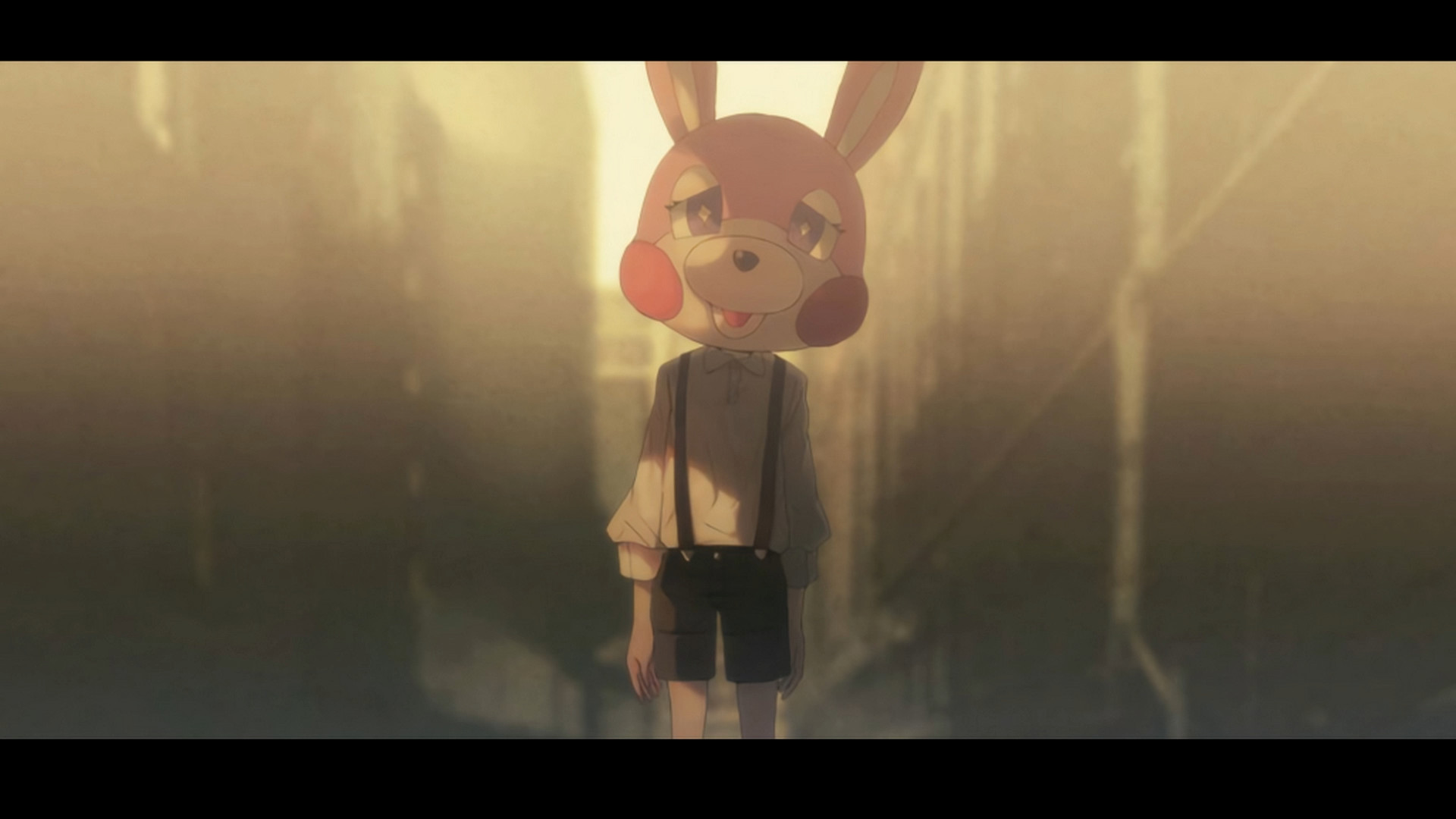
In a sense, Mamiya is a game that will have far more interesting discussions outside of the review. I still don't know a big portion of what happened and this is by design. This is a game I want to talk about with friends, it's something I want to analyze, pick apart, exist in for a while. At a certain point, I stopped thinking about whether it was good or not (it is) and just focused on how to solve it.
This is helped by its great music. When it needs to, it gets heavy and enchanting with pizzicato strings and heavy percussion. When it wants to soften, it adds a bit of jovial piano or nothing at all. There are so many tiny art and sound decisions that pay off in Mamiya and it's well aware of this. Before main sections of text or new scenes, you occasionally get a full art screenshot without text to just admire and sink in. On more than one occasion, I let the music envelop me and just took everything in.
You need to do this as the game actively mocks you and your perception of every character. In case it’s not clear, Mamiya is a very psychological game and the titular character of Mamiya embodies that well. Throughout the multiple stories and timelines, their representation changes to accommodate the story itself. It plays with the effect of trauma and the unreliable narrator trope to great effect, having you doubt everything you witness. This is a psychological story that works best in Visual Novel form. It justifies itself wholly through its storytelling and visuals. Occasionally, the very format can be a hindrance to the greater work but Mamiya wraps it together so well.
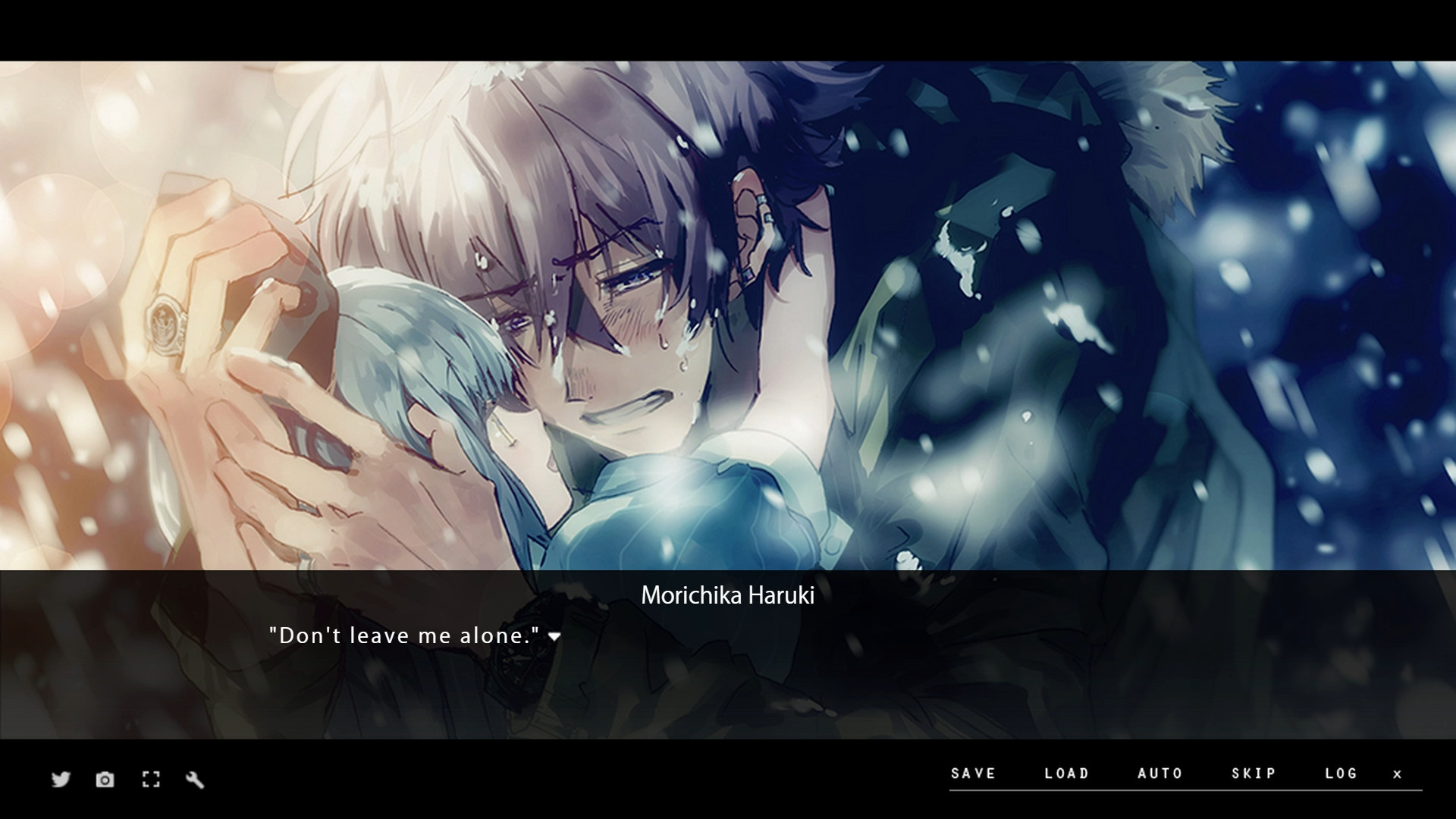
Mamiya — A Shared Illusion of the World's End Review | Final Thoughts
Being aware of mortality changes peoples. Our own inept ways of battling it or fighting to leave a bigger mark on our way out are indicative of that. Mamiya - A Shared Illusion of the World's End is a game about dealing with and forgetting those feelings to reach something deeper, something better. Exploring the eclectic lives of the cast is both endearing as existential. Sometimes, it gets you to analyze yourself in ways that are uncomfortable but those moments of clarity bring the narrative back down to a place that’s as fascinating as it is haunting.
TechRaptor reviewed Mamiya — A Shared Illusion of the World's End on PC using a copy provided by the publisher.
Review Summary
Pros
- Great Story
- Dark and Interesting Visuals
- Excellent Soundtrack
Cons
- Pacing is a Bit Slow
Have a tip, or want to point out something we missed? Leave a Comment or e-mail us at tips@techraptor.net
